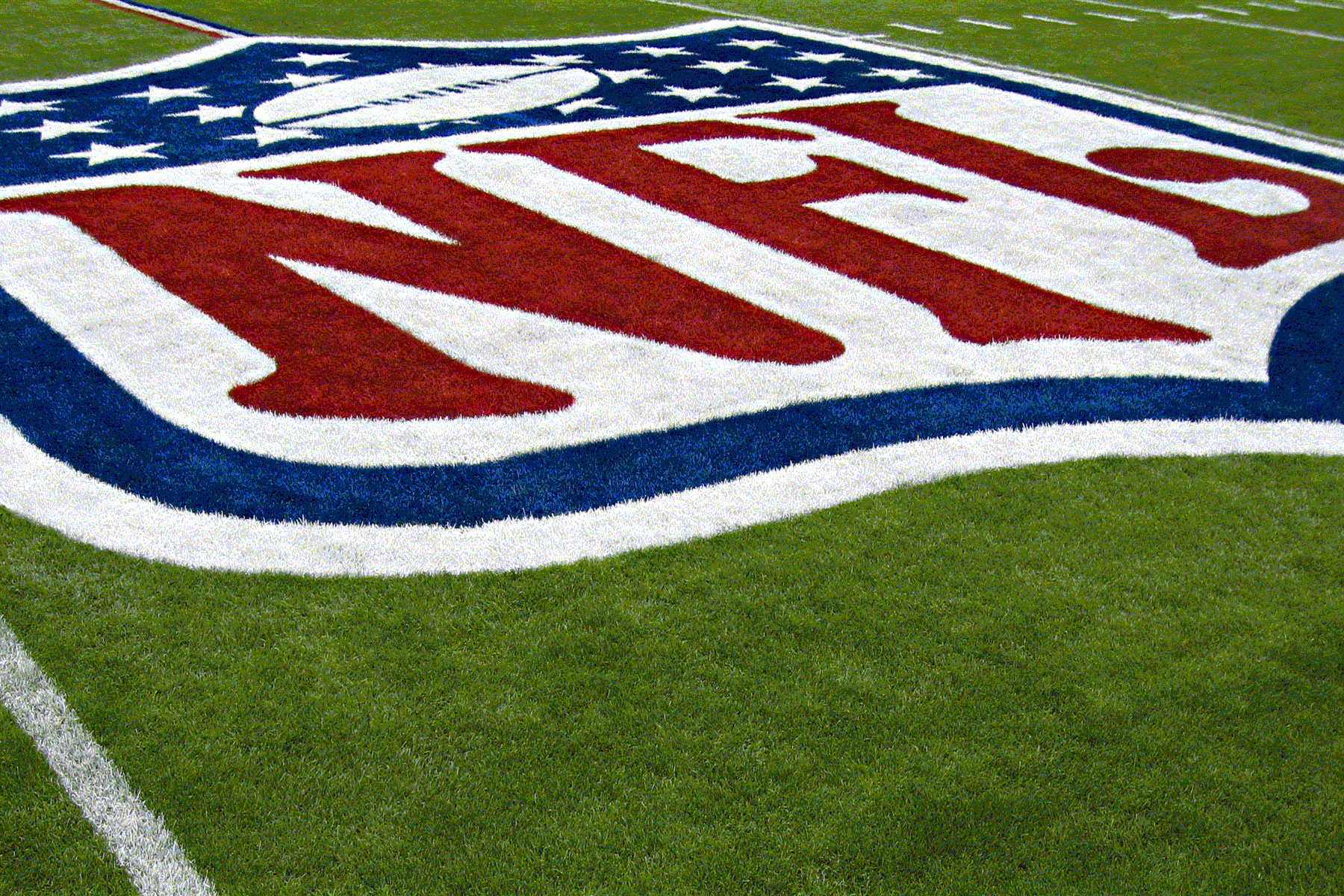
Caught up between players who insist on exercising their right to call out racial injustice in a manner of their choice and a scapegoating president who demands the league stifle what he deems unpatriotic protest, the National Football League has reacted in a surprising and progressive way: In a Monday letter to leading senators, the NFL endorsed a federal sentencing bill aimed at reducing the number of drug offenders.
The bill is the bipartisan Sentencing Reform and Corrections Act of 2017 (S. 1917), rolled out earlier this month by such Senate heavy hitters as Judiciary Committee Chair Chuck Grassley (R-IA), ranking Democratic member Dianne Feinstein (D-CA), minority whip Dick Durbin (D-IL), Lindsay Graham (R-SC), and Patrick Leahy (D-VT), among others.
“We are writing to offer the National Football League’s full support for the Sentencing Reform and Corrections Act of 2017 (S. 1917),” said Commissioner Roger Goodell and Seattle Seahawks owner Doug Baldwin, Jr. in the letter. “We want to add our voice to the broad and bipartisan coalition of business leaders, law enforcement officials, veterans groups, ci vii rights organizations, conservative thought leaders, and faith-based organizations that have been working for five years to enact the changes called for in this comprehensive legislation.”
The subject of years of negotiation in the Senate, the bill would reduce mandatory minimum sentences for some drug offenders, give judges greater discretion to sentence below federal sentencing guidelines, reform sentencing enhancements around weapons possession (to allow departures from mandatory minimums if the weapon wasn’t used or brandished), make Fair Sentencing Act of 2012 reforms retroactive, and create programs to reduce recidivism.
As compromise legislation, the bill isn’t all reform. It also includes provisions creating new mandatory minimum sentences—for interstate domestic violence and providing weapons to terrorists—and harshly punishing the sale of heroin cut with fentanyl. Still, overall, the bill would be a big step toward reducing the federal prison population overall and the federal drug prisoner population in particular.
More than two thirds of NFL players are black. And just like the rest of us, they understand that pro football isn’t the only place blacks are overrepresented: As the by now numbingly familiar refrain goes, African-Americans make up only 13% of the population and use drugs at roughly the same rate as other groups, but constitute 40% of all prisoners and a whopping 72% of federal drug prisoners.
With racial justice issues bubbling up in the NFL since then San Francisco 49ers quarterback Colin Kaepernick took a knee during the national anthem before a game last season to protest racial injustice in general and police killings of black men in particular, and reaching a fever pitch when President Trump used anthem protests to throw red meat to his base this season, the NFL has been desperately searching for a way to get over the anthem controversy and back to the business of pro football. Endorsing federal sentencing reform could be a way to do that, but it leaves the league trying to appease players on one hand while trying to give props to the cops on the other.
“Football and community are the twin pillars of the NFL,” Goodell and Baldwin added. “Over the last two seasons, one particular issue that has come to the forefront for our players and our teams is the issue of justice for all.”
For the NFL, they wrote, the challenge is “ensuring that every American has equal rights and equal protection under the law, while simultaneously ensuring that all law enforcement personnel have the proper resources, tools, and training and are treated with honor and respect.”
For the team owners, however, the challenge is whether this move will quell the controversy, get the players back to concentrating on football, and get President Trump back to concentrating to anything—anything!—other than the NFL.
This content is licensed under a Creative Commons Attribution license from StopTheDrugWar.org and was first published here.
Tags: NFL, Sentencing Reform and Corrections Act of 2017, US SB 1917
